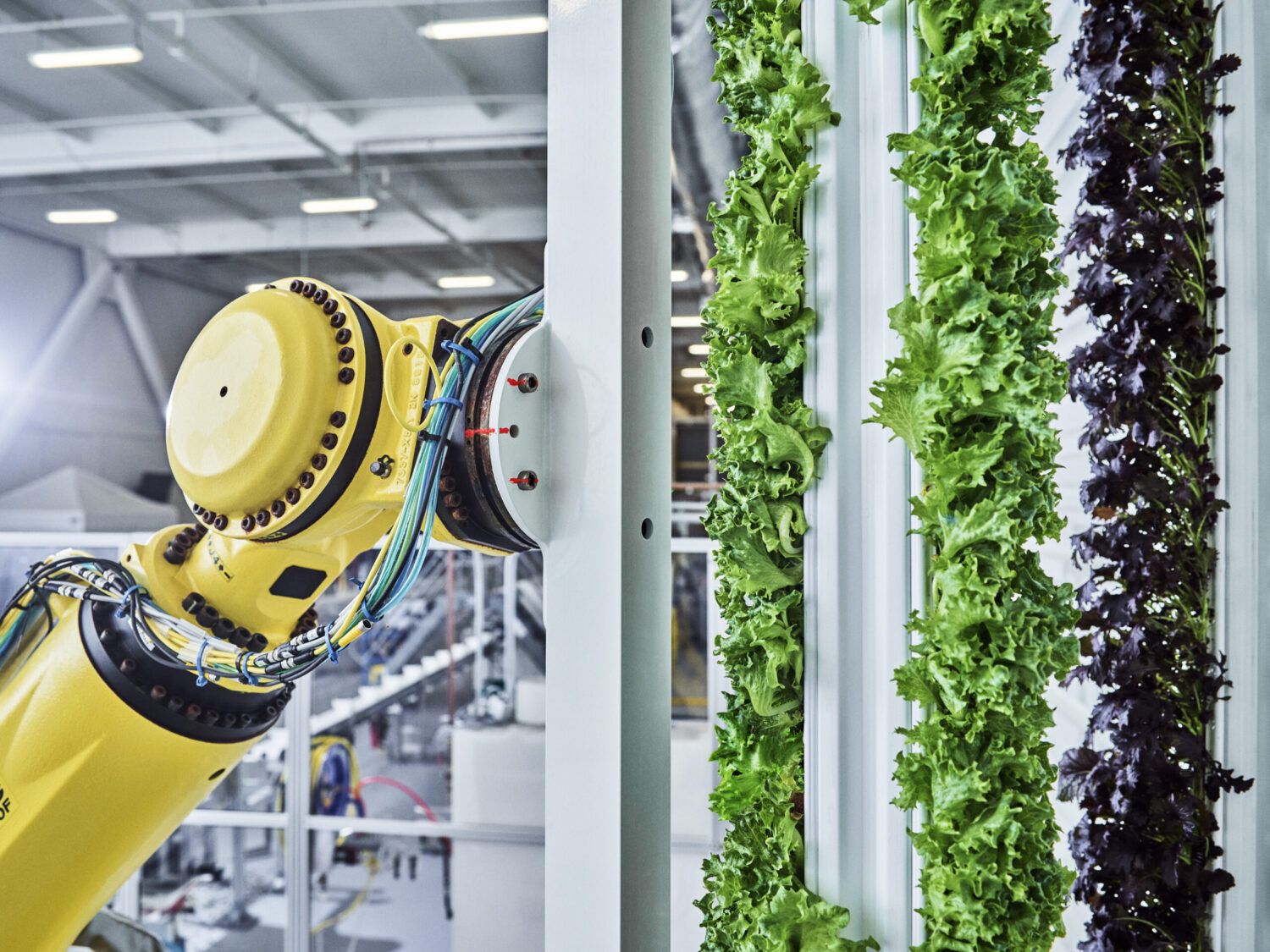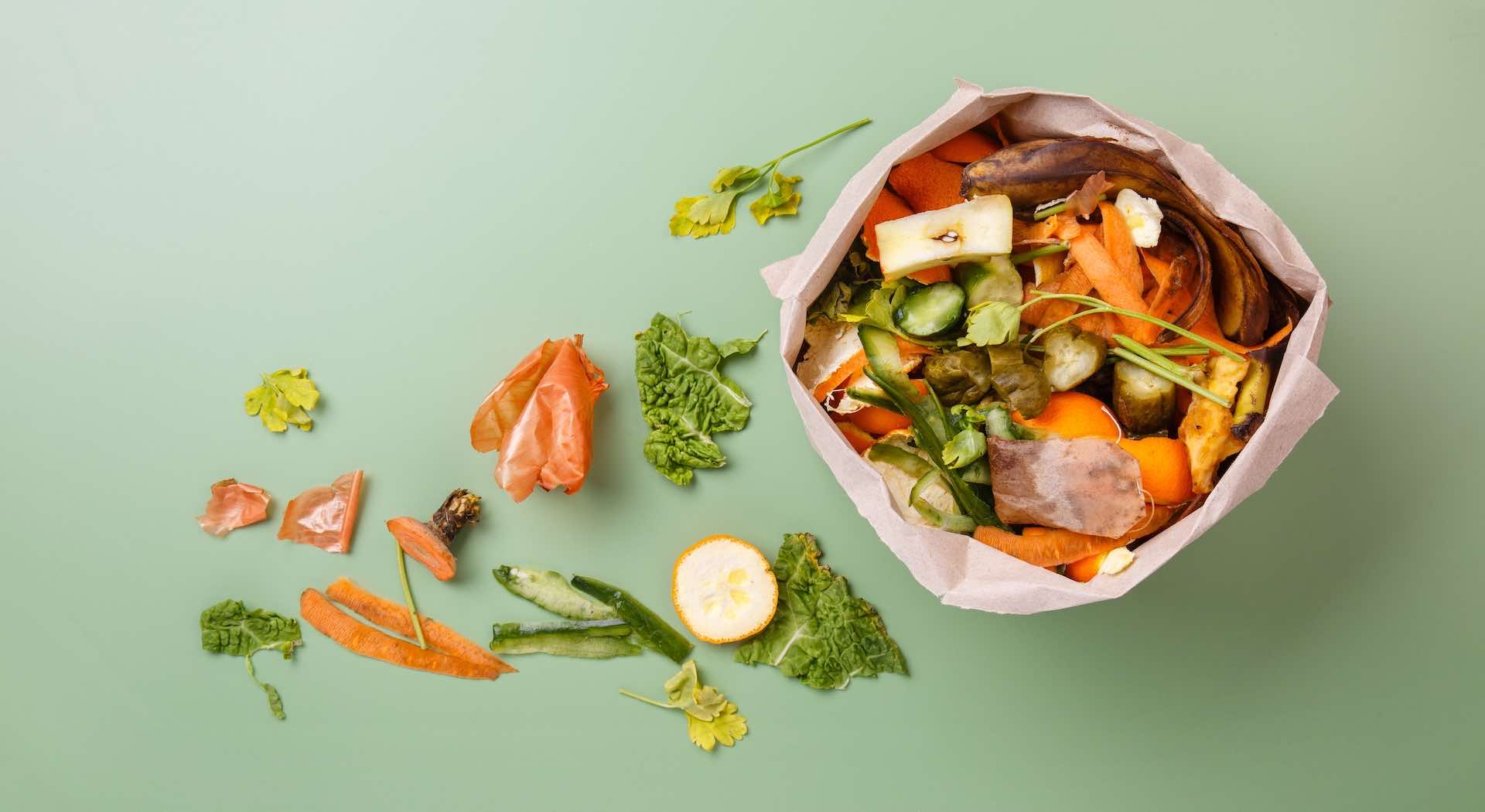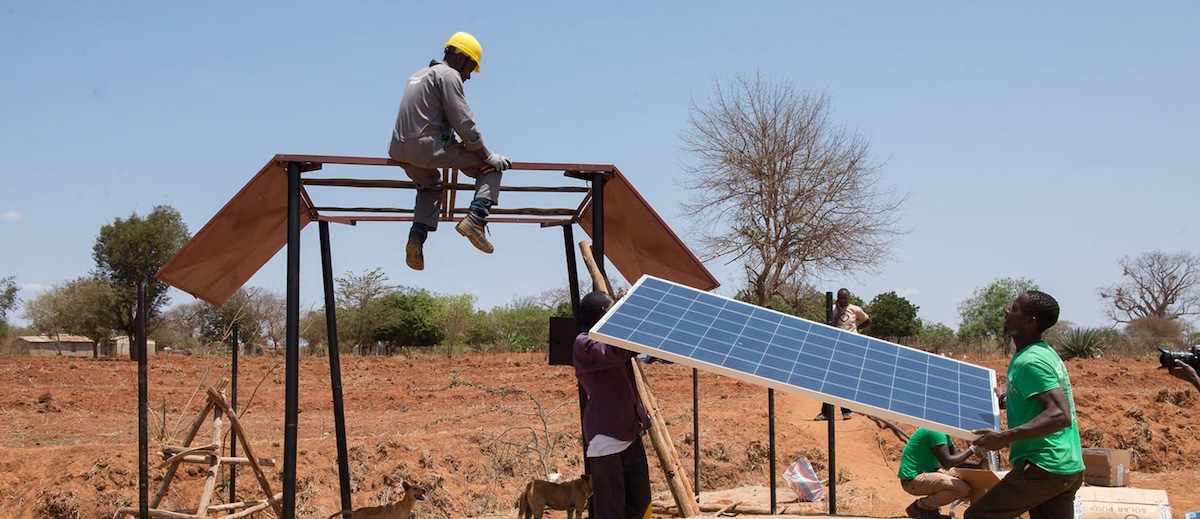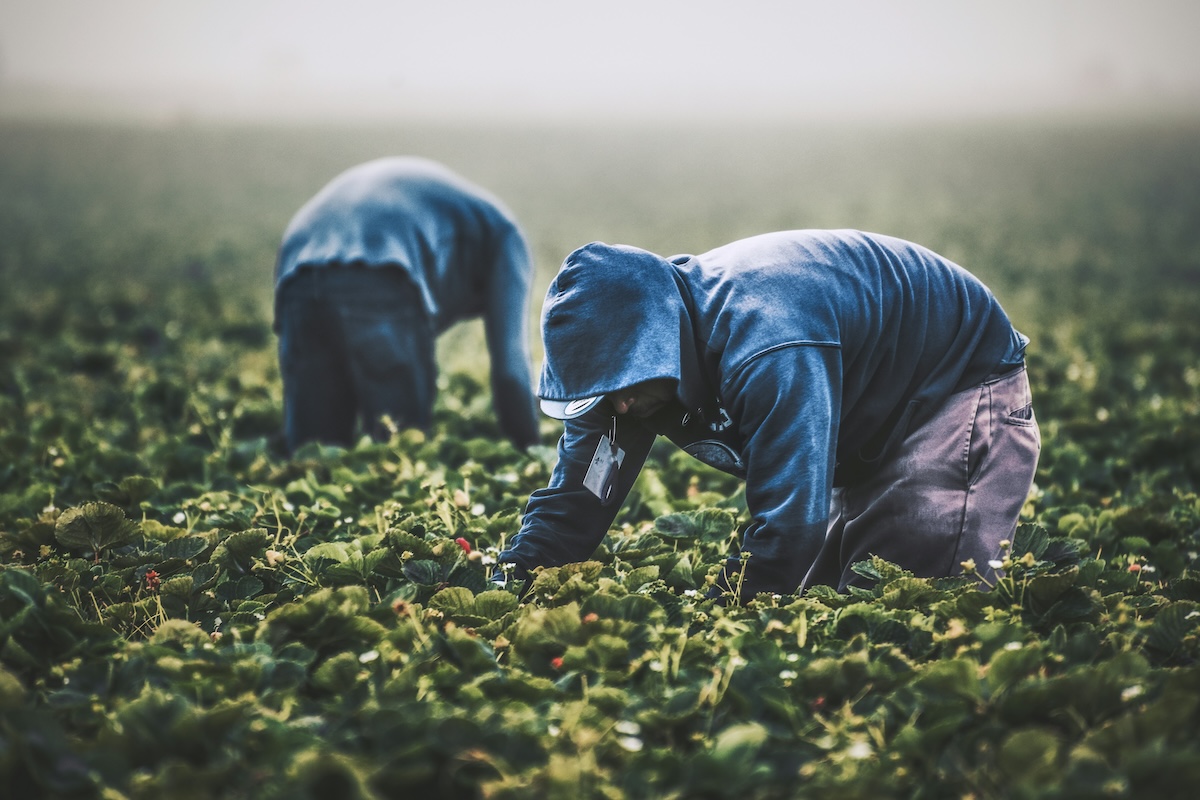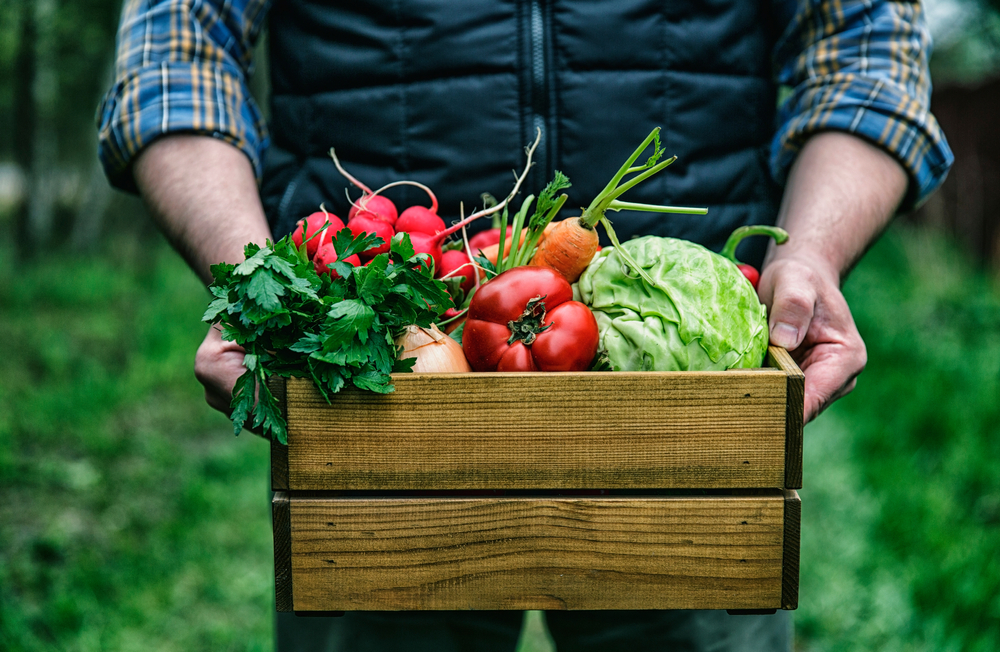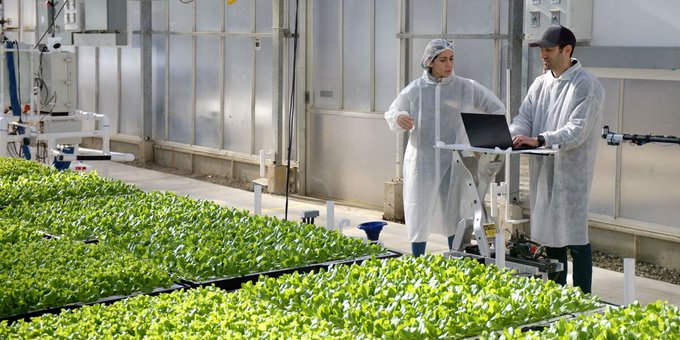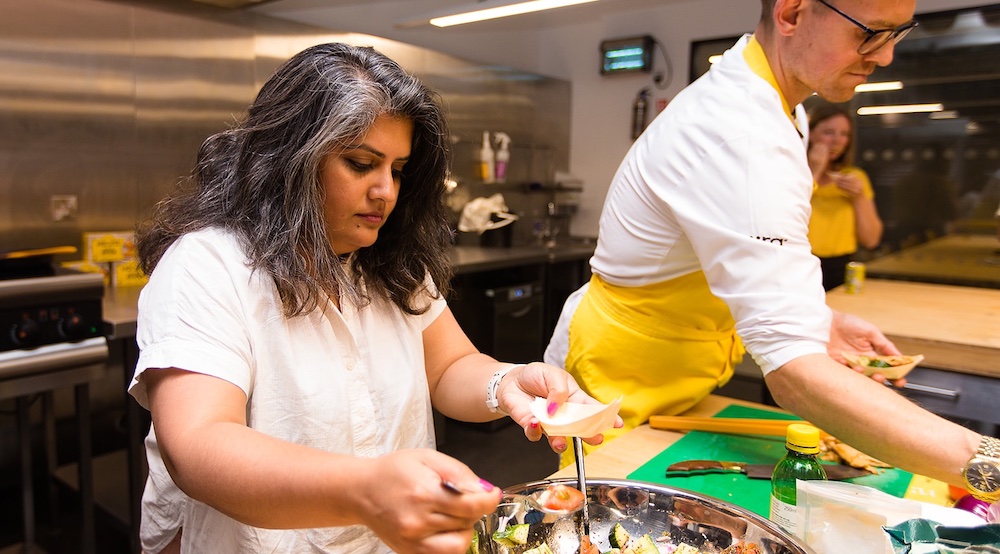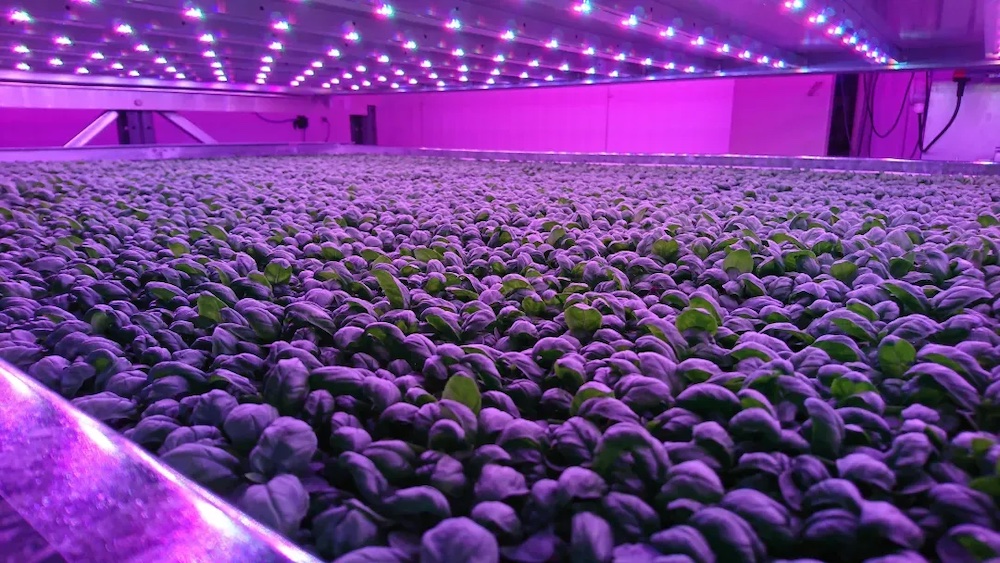ImpactAlpha, January 31 — The failure of AeroFarms, a U.S. indoor vertical farming business, to go public via a special purpose acquisition company, or SPAC late last year, gave investors pause. The pause appears to be over.
Growing produce in vertically stacked layers in climate controlled environments has been touted as a way to increase food security and reduce carbon emissions, including by sourcing produce closer to urban markets.
Startups have been challenged by high operational costs and energy consumption, but scale and technology improvements are beginning to tackle the challenges. Among the latest deals:
Modular indoor farms
San Francisco-based Plenty raked in $400 million in the largest raise for a vertical farming company to date. Investors in the Series E round include Walmart, SoftBank Vision Fund and One Madison Group.
Plenty agreed to provide Walmart with pesticide-free leafy greens for the retail giant’s stores in California later this year. Plenty says its modular systems let it grow multiple crops on a single farm.
Locally-grown produce
KKR provided Kearny, N.J.-based Bowery Farming with a $150 million loan facility to expand Bowery’s network of “smart” indoor farms beyond the East Coast.
Bowery plans to build indoor farms in Atlanta and Dallas-Fort Worth to provide locally grown produce to Walmart, Amazon Fresh, Whole Food Markets and Giant Fresh. Bowery says the farms will create more than 200 jobs and run entirely on clean energy.
Backed by investors including Google Ventures, Temasek and General Catalyst, Bowery is valued at more than $2.3 billion.

